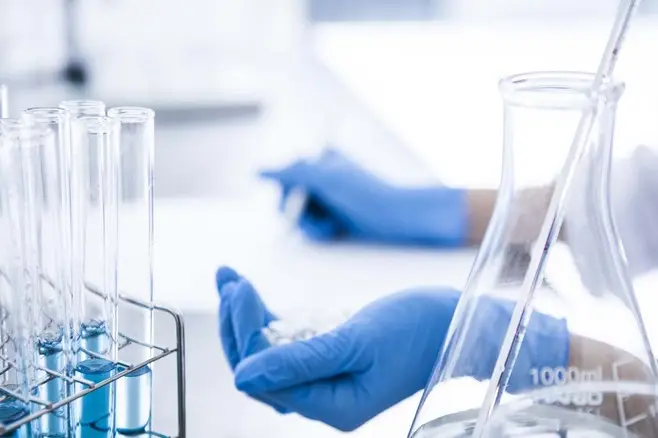At present, artificial intelligence technology analyzes complex medical data through algorithms and software to approximate human cognition. Therefore, without the direct input of AI algorithm, it is possible for the computer to make a direct prediction.
Innovations in this field are taking place worldwide. In France, scientists are using a technology called “time series analysis” to analyze patient admission records over the past 10 years. This study can help researchers find the rules of admission and use machine learning to find algorithms that can predict the rules of admission in the future.
This data will eventually be provided to hospital managers to help them predict the “lineup” of medical staff needed in the next 15 days, provide more “counterpart” services for patients, shorten their waiting time, and help arrange the workload for medical staff as reasonably as possible.
In the field of brain computer interface, it can help restore basic human experience, such as speech and communication function lost due to nervous system diseases and nervous system trauma.
Creating a direct interface between the human brain and the computer without using a keyboard, monitor or mouse will significantly improve the quality of life of patients with amyotrophic lateral sclerosis or stroke injury.
In addition, AI is also an important part of a new generation of radiation tools. It helps analyze the whole tumor through “virtual biopsy”, rather than through a small invasive biopsy sample. The application of AI in the field of radiation medicine can use image-based algorithm to represent the characteristics of tumor.
In drug research and development, relying on big data, artificial intelligence system can quickly and accurately mine and screen out suitable drugs. Through computer simulation, artificial intelligence can predict drug activity, safety and side effects, and find the best drug to match the disease. This technology will greatly shorten the drug development cycle, reduce the cost of new drugs and improve the success rate of new drug development.
For example, when someone is diagnosed with cancer, the intelligent drug development system will use the patient’s normal cells and tumors to instantiate its model and try all possible drugs until it finds a drug that can kill cancer cells without harming normal cells. If it cannot find an effective drug or a combination of effective drugs, it will start to develop a new drug that can cure cancer. If the drug cures the disease but still has side effects, the system will try to get rid of the side effects through corresponding adjustment.

Post time: Apr-13-2022

